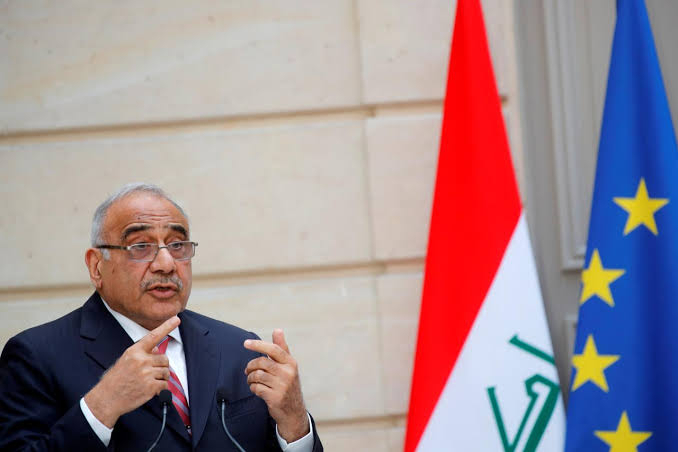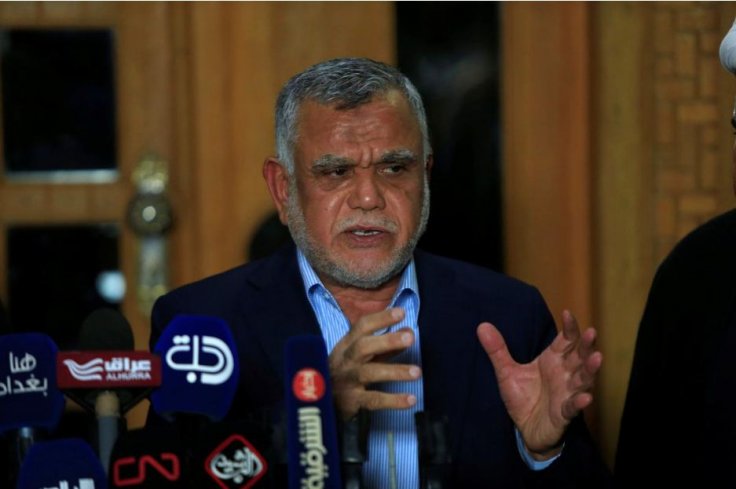
Iraqi Prime Minister Adel Abdul Mahdi's two main supporters have agreed to oust him from power as violent protests in Baghdad gain momentum leading to the death of at least 250 people since early this month. Populist Shi'ite cleric Moqtada al-Sadr, who leads the biggest bloc in the Iraqi parliament, called his political rival Hadi al-Amiri to help him oust Mahdi, setting the agenda in open.
Addressing the Prime Minister, he said, "I thought asking you to call for early elections will preserve your dignity. But, if you refuse, I ask Mr. Hadi Al-Amiri to cooperate in the withdrawal of confidence from you immediately," and soon approached Amiri, who in turn accepted the proposal. "We will work together to secure the interests of the Iraqi people and save the nation in accordance with the public good," said Amiri.

Sadr also sought help from Amiri to vote for a no-confidence after his proposal to call for early elections was rejected by the Iraqi Prime Minister. The deadlock between two political blocs between Sadr and Amiri led to political instability as both failed to secure enough votes to form a government. Abdul Mahdi was appointed as a part of a coalition government.
However, anti-government protests gained momentum since October 1, due to growing unrest over issues such as corruption, unemployability and the poor state of economic status. At least 250 people have been killed by security officials since the violence escalated earlier this month. Iraqi President Barham Salih has condemned the violent suppression of protesters and has ordered "a judicial investigation" into the deaths.
"Targeting peaceful demonstrators and security forces by live bullets, and targeting the media and journalists is unacceptable in Iraq that we have embraced and pledged to make it a democracy in which the rights and freedoms are respected," Salih was quoted as saying.








